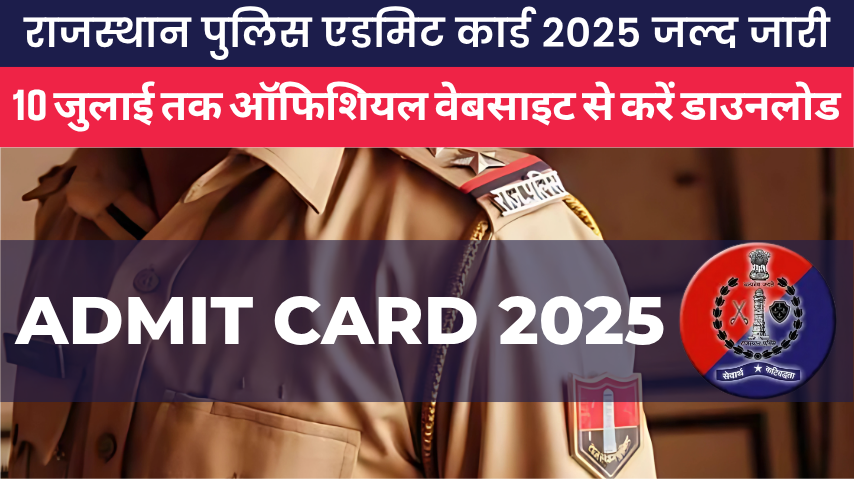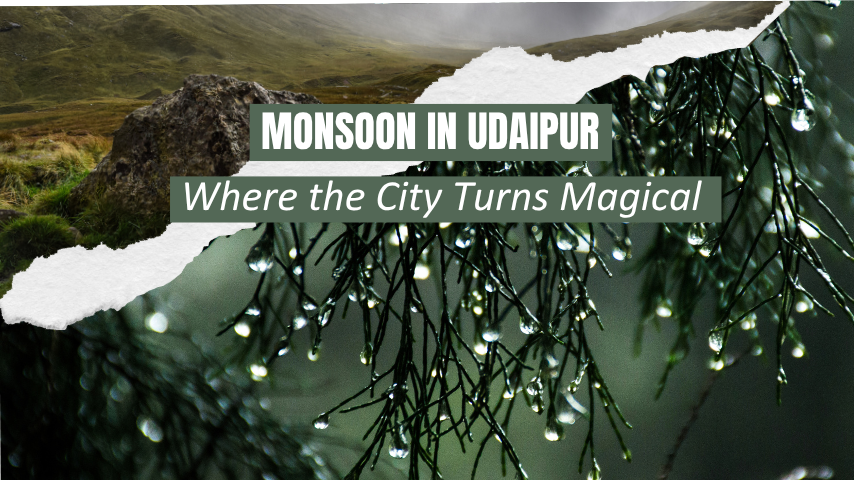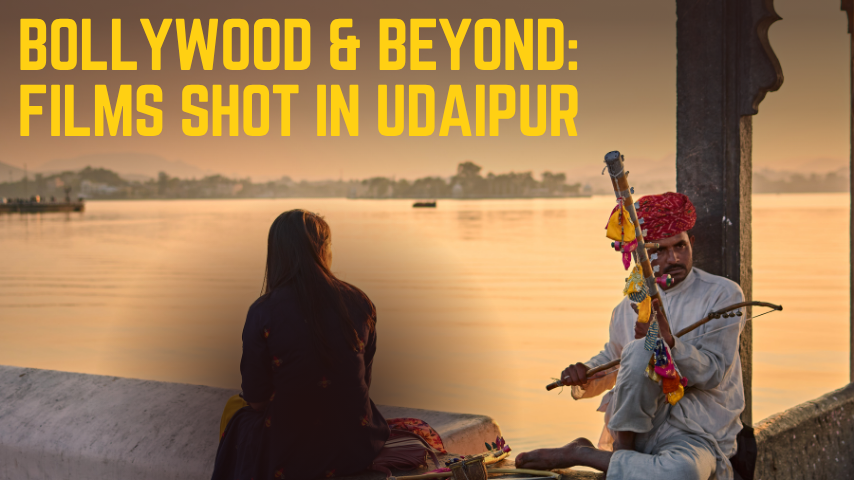Rajasthan’s Tribal Celebration of Tradition and Spirit

In the heartlands of Rajasthan, amidst the rustic villages and arid landscapes, a vibrant and deeply rooted cultural tradition known as Gavari comes to life. This ancient folk ritual, practiced predominantly by the Bhil and Meena communities, is a celebration of folklore, spirituality, and communal bonding.
Origins and Mythology
Gavari is believed to have originated centuries ago, steeped in the mythology and spiritual beliefs of Rajasthan’s tribal communities. It is intricately tied to the worship of Lord Shiva and Goddess Parvati, with rituals dedicated to appeasing these deities for blessings of rain, prosperity, and protection.
Legend has it that Gavari commemorates the search undertaken by Goddess Parvati for her husband, Lord Shiva, symbolizing the quest for truth and enlightenment amidst life’s challenges.
Seasonal Celebration
The Gavari festival takes place during the monsoon months, typically starting in July and continuing into September. It is an auspicious time for the Bhil and Meena communities, coinciding with agricultural activities and the rejuvenation of nature after the scorching summer.
Rituals and Performances
Gavari is marked by elaborate rituals and performances that unfold over several days. The festival begins with the ceremonial installation of a ‘ghata’ (earthen pot) symbolizing the divine presence. The ‘ghata’ is revered throughout the festival and represents the embodiment of Goddess Parvati.
The main attraction of Gavari is the dance-drama performed by members of the community, portraying mythological episodes, local legends, and moral tales. Dancers, adorned in traditional attire and colorful jewelry, enact the stories with rhythmic movements and expressive gestures.
Symbolism and Themes
Gavari encapsulates various themes including the triumph of good over evil, the cycle of life and death, and the interconnectedness of humans with nature. The performances are accompanied by folk music played on indigenous instruments like the ‘bhorr,’ ‘maand,’ and ‘dholak,’ creating a mesmerizing atmosphere that transports participants and spectators alike into the mystical realm of Rajasthan’s tribal heritage.
Community Bonding and Social Impact
Gavari is not merely a spectacle but a deeply ingrained aspect of community life. It fosters solidarity among the villagers, reinforcing social bonds and a sense of belonging. The festival provides an opportunity for collective introspection, spiritual rejuvenation, and cultural exchange within the community.
Preserving Tradition in Modern Times
While Gavari has evolved over the centuries, it remains a vital link to Rajasthan’s rich cultural tapestry. Efforts are underway to preserve and promote Gavari, ensuring that future generations inherit this priceless legacy of indigenous wisdom, artistic expression, and communal harmony.
Witnessing Gavari
For visitors eager to witness Gavari, it is essential to respect the cultural sensitivities and traditions of the tribal communities. Participation in Gavari ceremonies requires permission and adherence to local customs.



